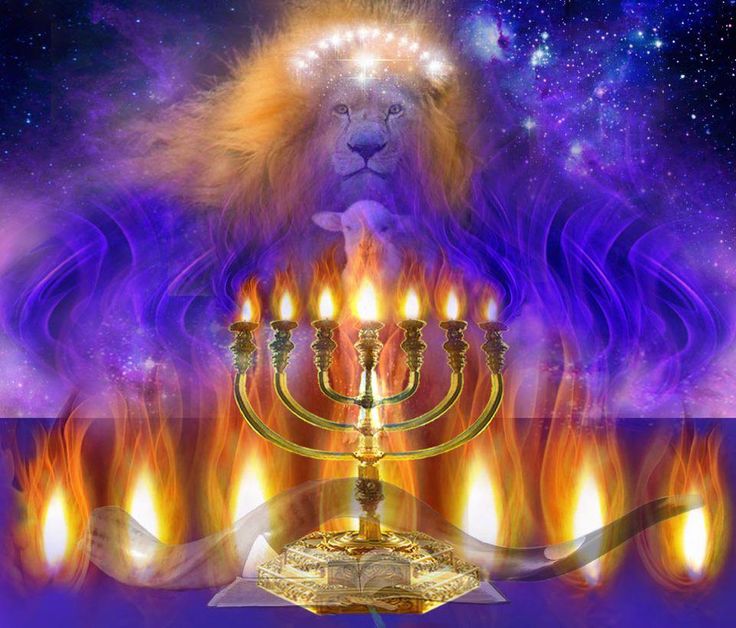
Then you will know that the LORD of hosts has sent me to you. Certainly, the expression “My Spirit” refers to the Holy Spirit.ħ ‘What are you, O great mountain? Before Zerubbabel you will become a plain and he will bring forth the top stone with shouts of “Grace, grace to it!” ’ ” 8 Also the word of the LORD came to me, saying, 9 “The hands of Zerubbabel have laid the foundation of this house, and his hands will finish it. In Revelation 4:5, he writes, “There were seven lamps of fire… which are the seven Spirits of God.” This is good grounds for understanding the seven spirits as the Holy Spirit. John also equates the seven lamps with the seven spirits. Here Zechariah equates the seven lamps with the Spirit of God. 2 He said to me, “What do you see?” And I said, “I see, and behold, a lampstand all of gold with its bowl on the top of it, and its seven lamps on it with seven spouts belonging to each of the lamps which are on the top of it 3 also two olive trees by it, one on the right side of the bowl and the other on its left side.” 4 Then I said to the angel who was speaking with me saying, “ What are these, my lord?” 5 So the angel who was speaking with me answered and said to me, “Do you not know what these are?” And I said, “No, my lord.” 6 Then he said to me, “This is the word of the LORD to Zerubbabel saying, ‘ Not by might nor by power, but by My Spirit,’ says the LORD of hosts. Then the angel who was speaking with me returned and roused me, as a man who is awakened from his sleep. Zechariah receives a vision which sheds much light on this topic (Zech. Moreover, the OT ties the “seven Spirits” with the Holy Spirit. Mentioning the Holy Spirit in the midst of this would fit with a complete Trinitarian understanding of God. The focus here is on God the Father (v.4) and the Son (v.5). OPTION #2: This is referring to the Holy Spirit.Īdvocates of this view note that it fits better with the context of Revelation 1. Sometimes angels are called “spirits” (Heb. Mark 8:12)… Angels are contrasted to spirits in Acts 23:8–9.” Although, this is not always the case. Walvoord writes, “The word spirit (Gr., pneuma) is commonly used of evil spirits, that is, demons or fallen angels of the human spirit (cf. The term “spirit” (Greek pneuma) is normally used of demons or fallen angels in the Bible. If these are angels, why not identify them as such, as he does consistently throughout the rest of the book?ĥ. John never refrains from mentioning angels in Revelation in fact, angels are mentioned in almost every chapter of Revelation (with the exception of chapters 4 and 13). While the later context refers to angels (chapters 2 and 3), the immediate context refers to God the Father and God the Son.Ĥ. In chapter one, John’s focus seems to be focused on God-not angels. This doesn’t seem to fit with the context. 1:20), but then, who or what are the seven spirits? These two are clearly different.ģ.

Revelation 3:1 seems to differentiate between “the seven Spirits” and “the seven stars.” Of course, the seven stars are angels (Rev. This seems to contradict the commands against angel worship later in the book (Rev.

1:4) would come from seven angels, rather than from God himself. However, this view has a number of problems:ġ. Advocates of this view note that “the seven spirits who are before His throne” (1:4) correspond to “the seven angels who stand before God” (8:2). On this view, these seven angels would correspond to the seven angels of the seven churches in chapters 2 and 3. RESPONSE: There are two possible options that interpreters hold here: OPTION #1: This is referring to angels sitting before the throne of God. What is he referring to? The Holy Spirit or angels? 1:4) What are the seven spirits mentioned here?ĬLAIM: John writes of “the seven Spirits who are before His throne” (Rev.


 0 kommentar(er)
0 kommentar(er)
